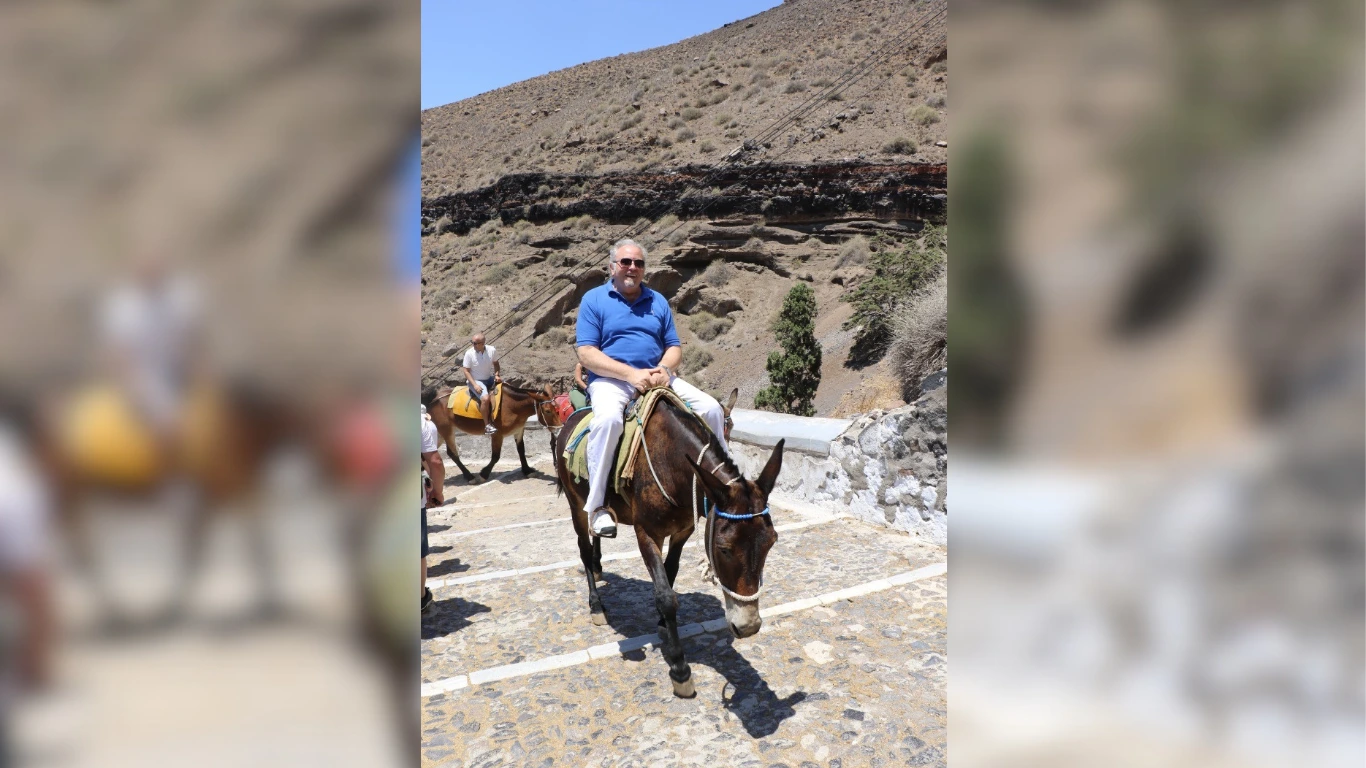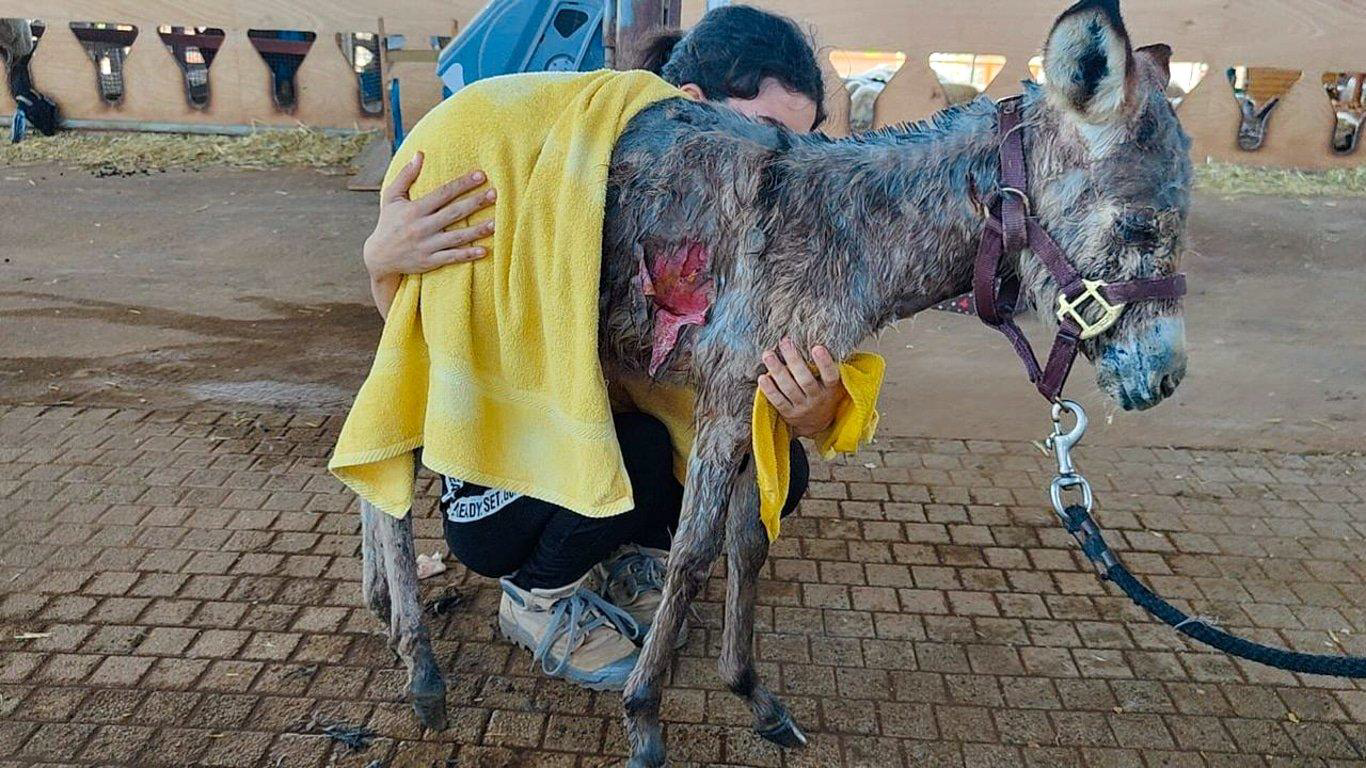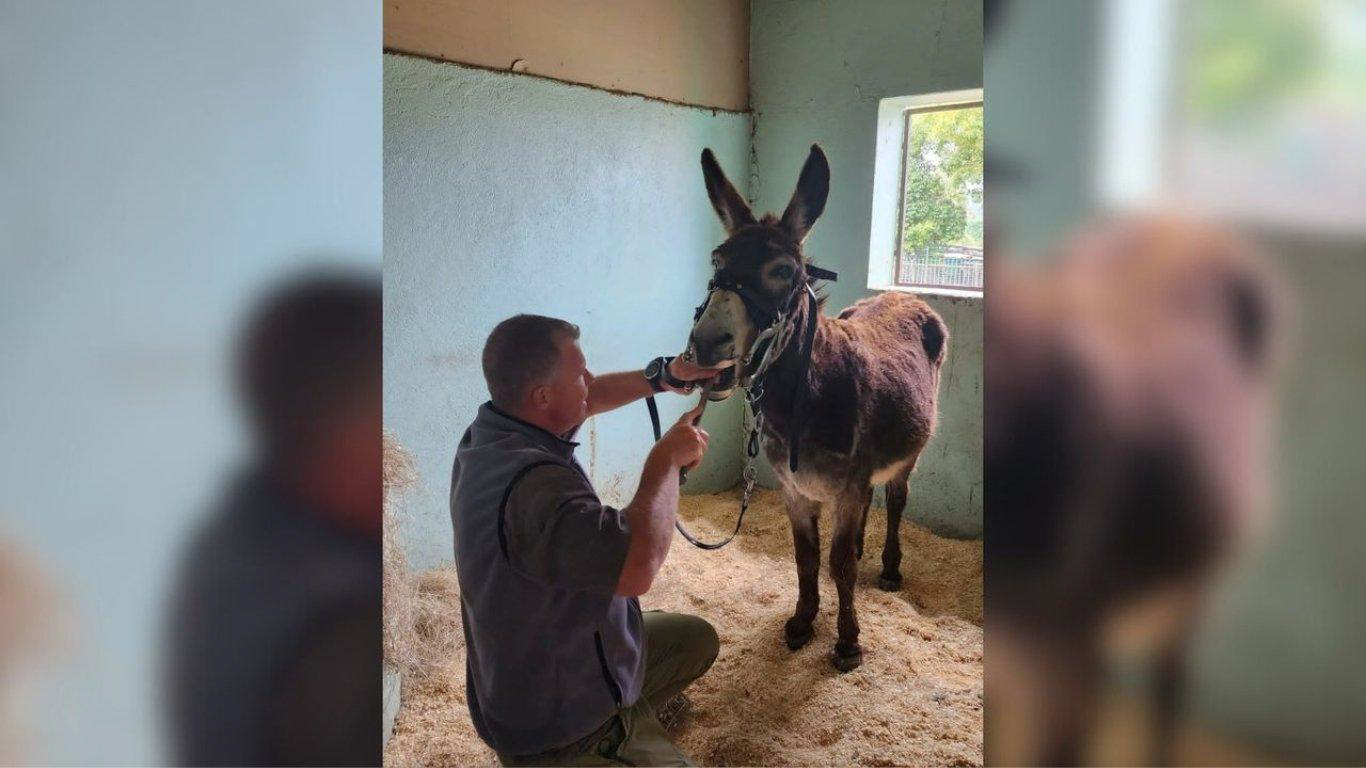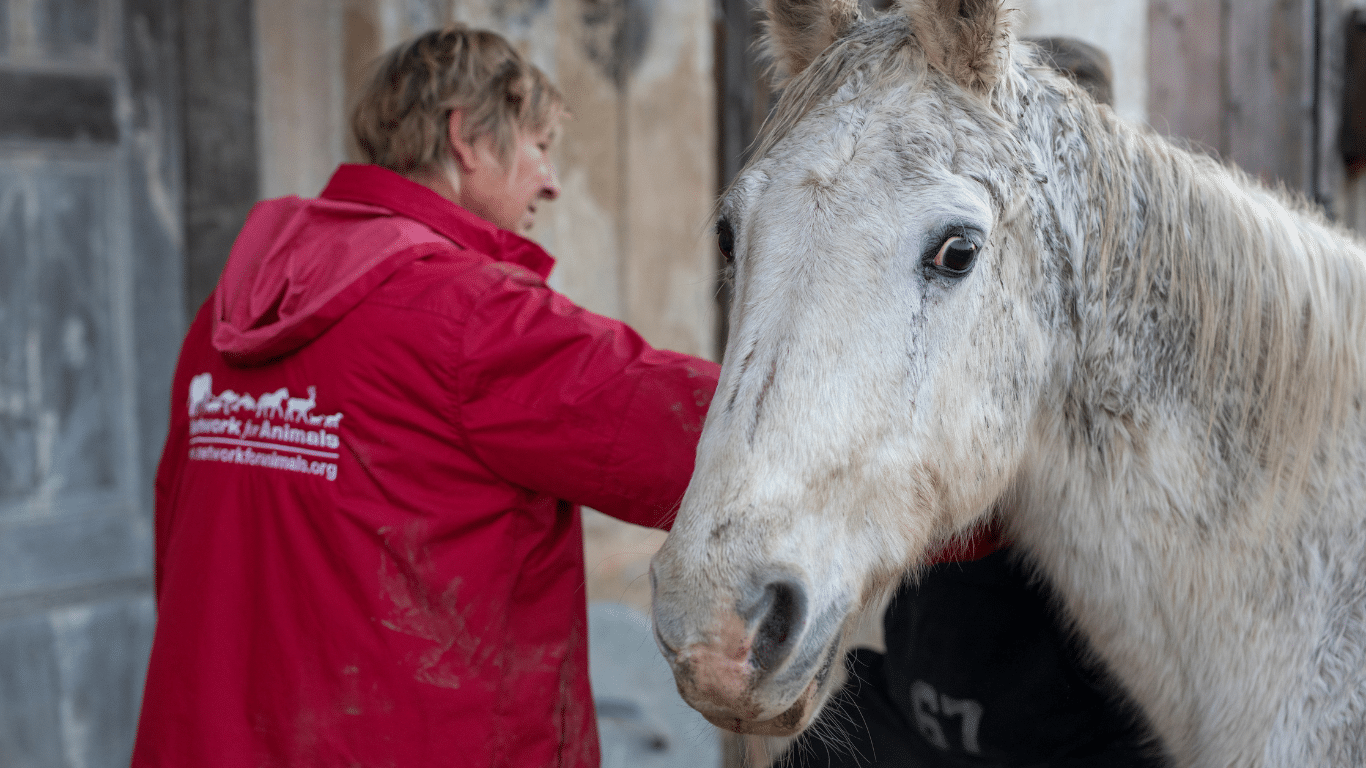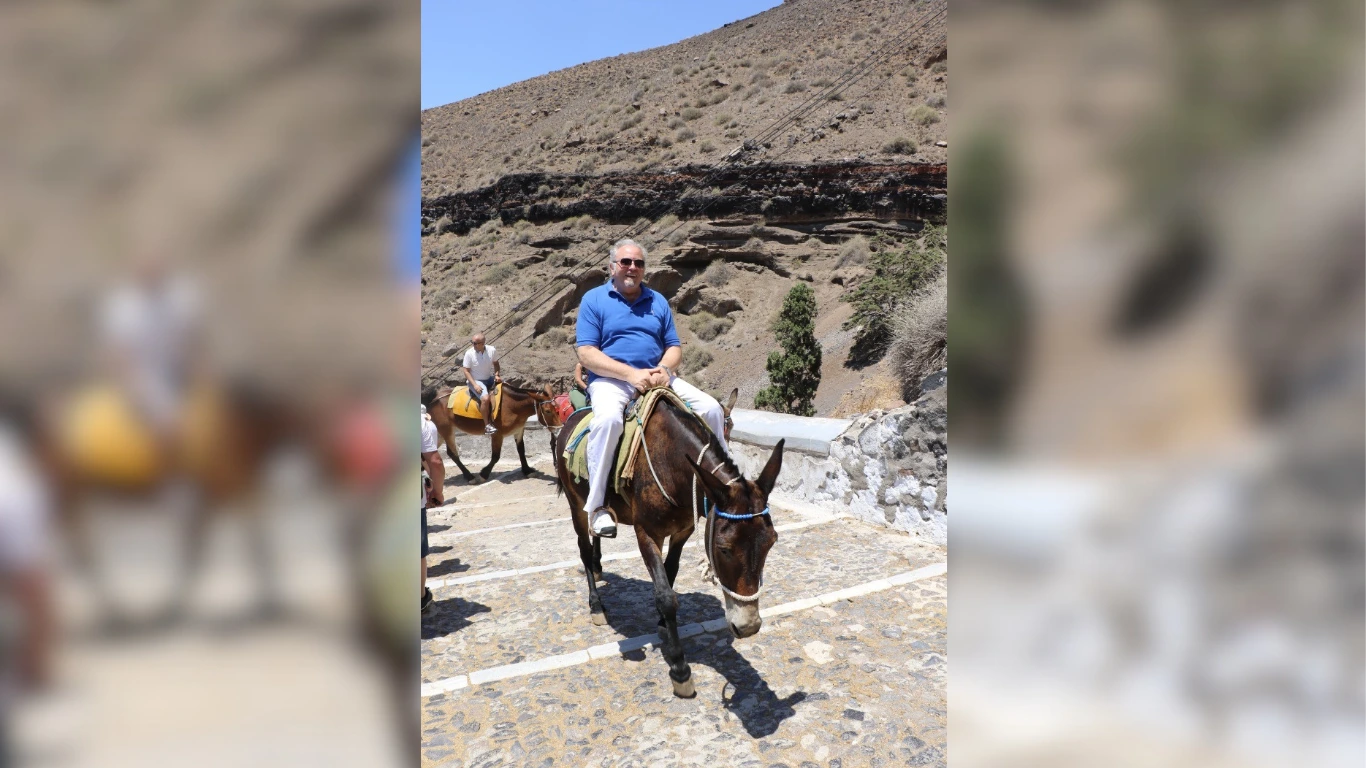Worldwide donkey crisis
Donkeys are some of the most widely abused equines in the world.
These gentle creatures have played a fundamental role in our society since as far back as 4000 BC – helping us with physically demanding tasks in some of the most challenging terrains. But these spirited and intelligent long-eared equines do not receive the appreciation they deserve. Instead, donkeys are in crisis all around the world – suffering from abuse, neglect and, worst of all, slaughter at the hands of the horrific Chinese donkey skin trade.
This insatiable industry wipes out hundreds of thousands of donkeys every year so their skins can be used for a traditional medicine called ejiao (pronounced “uh-jee-ow”), which has no proven benefit whatsoever. In Africa, donkeys are bludgeoned to death and sometimes even skinned alive. At the current level of slaughter, donkeys could be extinct within the next four years.
Since 2018, we have made huge strides towards ending the dreadful donkey skin trade. We have caused slaughterhouses in Tanzania and Kenya to be shut down, persuaded the South African government to revisit its laws on donkey slaughter, and successfully lobbied for the banning of trade in Zimbabwe. We have also worked to replenish depleted donkey populations and improve the conditions for working donkeys in several parts of Africa.
None of this would be possible without the support of our donors. When you donate to Network for Animals, you help us continue our work in ending senseless donkey slaughter, help support sick, injured and abandoned equines, and give hope to overworked, neglected horses and donkeys around the world.
Network for Animals partners with organizations in Greece, Kenya, Israel, Jordan, Palestine, South Africa, Tanzania, the United Kingdom, Croatia and Zimbabwe to support the rescue and rehabilitation of neglected, abused and abandoned equines.
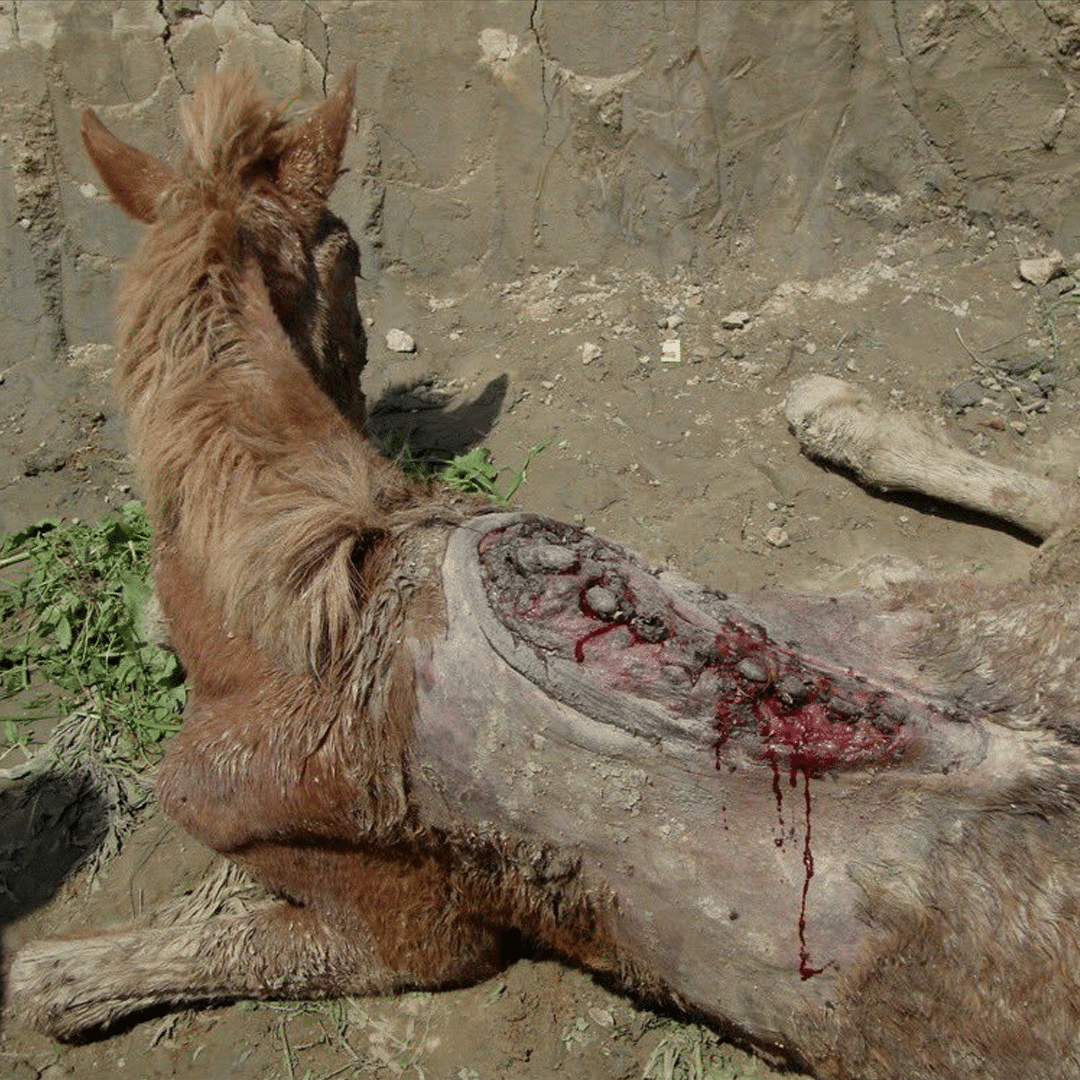
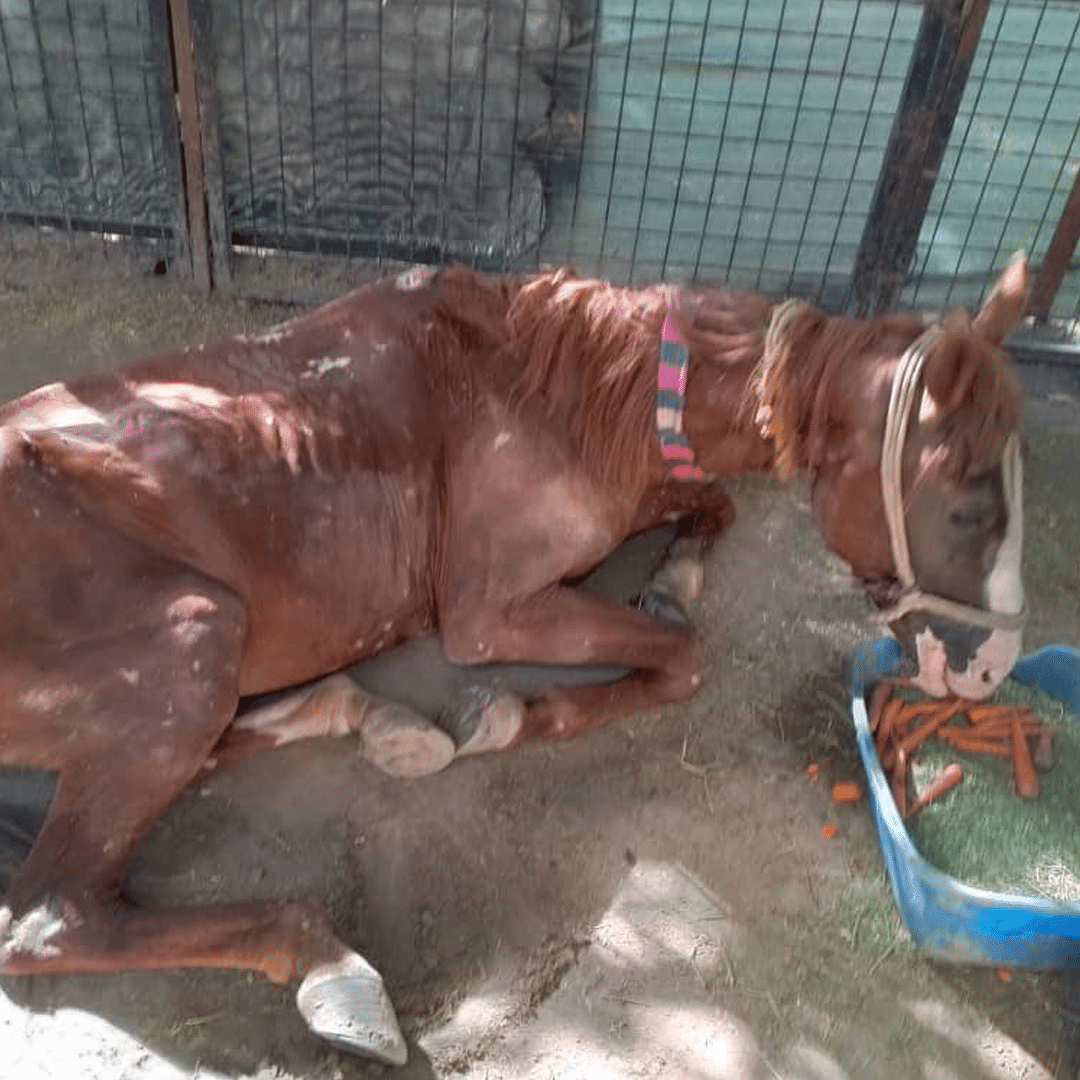
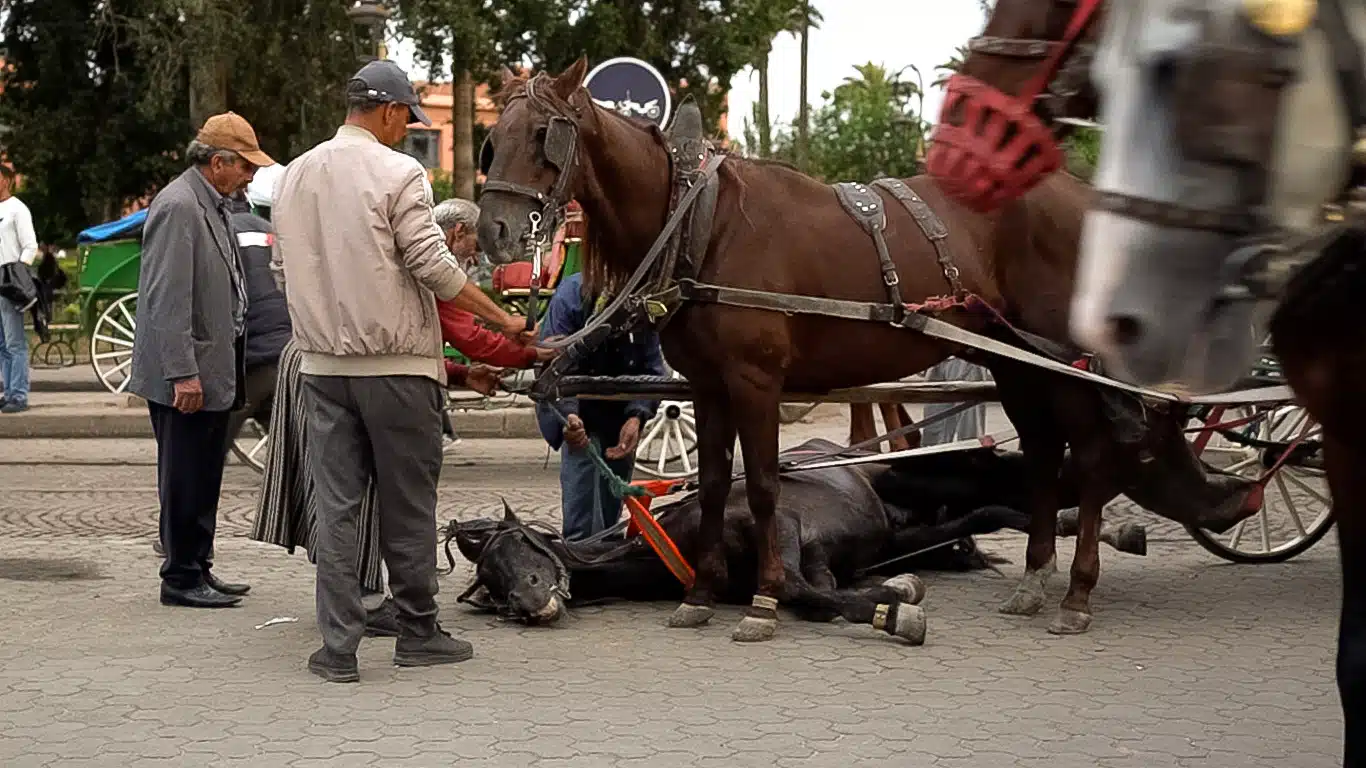
Helping horses and ponies in need
Horses and ponies have played an integral role in our society for centuries, aiding us in physically demanding tasks across diverse landscapes. Despite their spirited nature and intelligence, these four-legged companions often lack the recognition they deserve. Unfortunately, horses and ponies worldwide are enduring abuse, neglect, and the grim fate of being slaughtered for their body parts.
One pressing issue is the ruthless exploitation of equines for illegal bush racing. In particular, the underground horse racing industry poses a significant threat. This illicit practice subjects horses and ponies to extreme conditions, often resulting in injuries, neglect and, in some cases, fatalities.
We’ve made substantial progress in combating illegal horse racing. Our efforts have focused on exposing and dismantling these operations, advocating for stronger regulations, and providing support for the rehabilitation of horses and ponies affected by this cruel practice. Additionally, we’ve been dedicated to replenishing dwindling horse and pony populations and enhancing the living conditions of working equines in different parts of the world.

